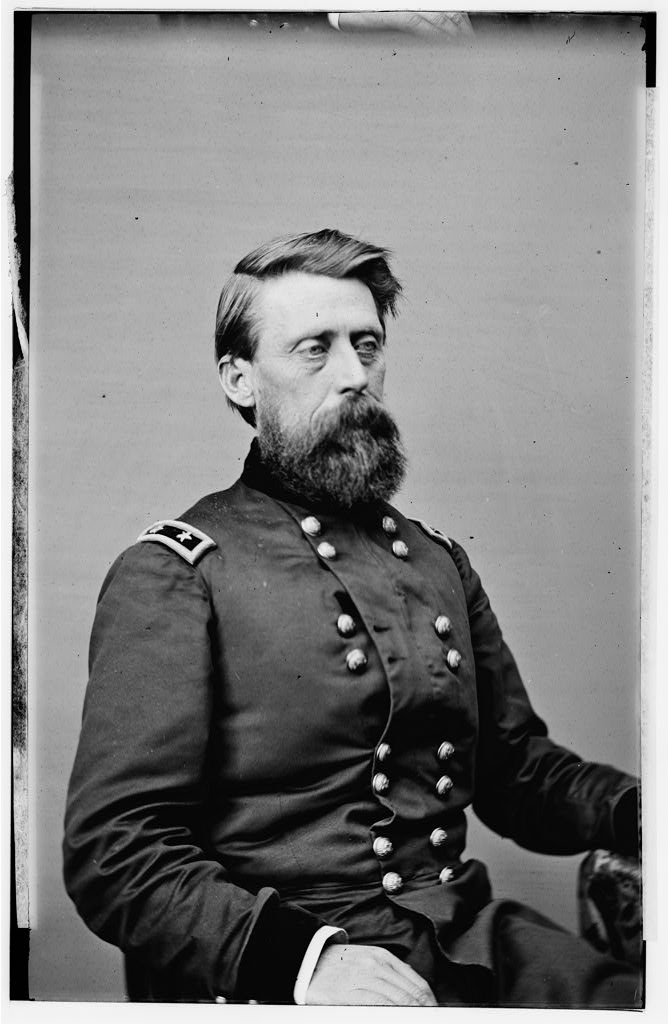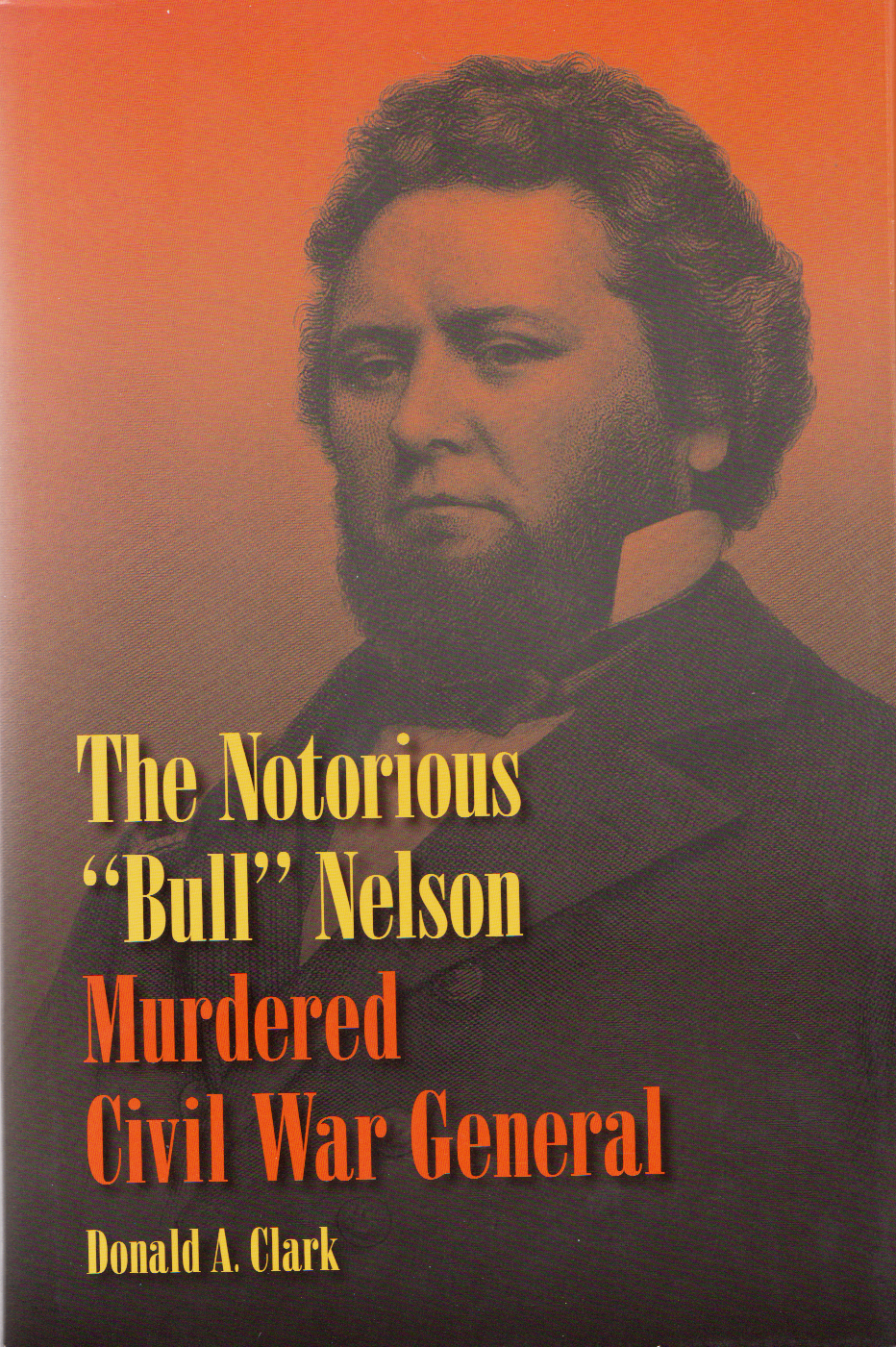Part Two: The Offender, Jefferson C. Davis It was a shot that echoed through Civil War history, but not through the corridor separating North and South. When one Union General, Jefferson C. Davis, aimed a pistol at another Union General, William...
Part One: The Victim Not all bullets in the Civil War were exchanged between North and South. One of the most spectacular crimes of the Civil War, besides the Lincoln assassination, was the murder of Major General Bull Nelson from Kentucky. A fellow...




Recent Comments